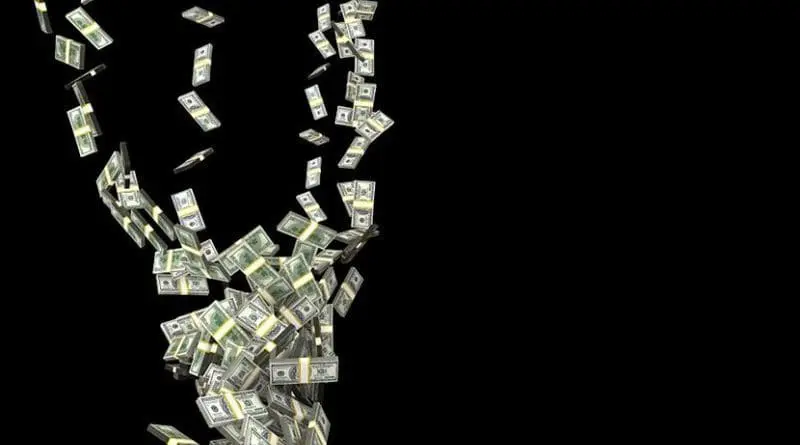Politics And Inflation – OpEd
Many readers will know that the current annual inflation rate, from January 2021 to January 2022, came in at 7.5%, which continues the upward trend we’ve seen for the past year. Prices rose 0.8% in the month of January, according to the Bureau of Labor Statistics.
From a political standpoint, there are some unfortunate trade-offs involved in fighting inflation. Ultimately, inflation is caused by excessive money growth, which is controlled by the Federal Reserve. Easy monetary policy, which creates more money, lowers interest rates, and tight monetary policy, which restricts money growth, raises interest rates, so the popular press often talks about monetary policy in terms of raising and lowering interest rates.
Here’s the challenge. Easy monetary policy has the short-run effect of stimulating the economy, which the Fed has been undertaking for years. In the long run, easy monetary policy leads to inflation. So here we are in the long run, suffering from inflation that is the result of using monetary policy to try to offset past weakness in the economy.
Tightening monetary policy (raising interest rates, as the popular press sees it) has the short-run effect of depressing the economy, slowing or even stopping economic growth. Only after a longer period of time will it start easing inflation.
How long? Milton Friedman said that with regard to the effects of monetary policy, “there are long and variable lags.” We are not sure how long it will take for inflation to subside, but the negative effects on the economy will show up first.
Inflation fighting includes a political element, because a healthy economy helps incumbents to get reelected; a stagnant economy works against incumbents. With mid-term elections coming up this year, the more aggressively the Fed fights inflation, the more sluggish the economy will be, which will work against incumbents, and Democrat incumbents in particular.
With Democrats in control of the White House and Congress, voters will tend to view Democrats as responsible for economic conditions (whether or not that’s true). So the Fed will be weighing the advantages of more aggressive inflation-fighting actions against political pressure to go easy on inflation. Anti-inflation actions taken now will only have an effect on inflation in the years to come, but will cause an economic slowdown immediately.
It will be interesting to see how the Fed balances the political pressures to go easy against its desire to curb inflation.
This article was published by The Beacon

